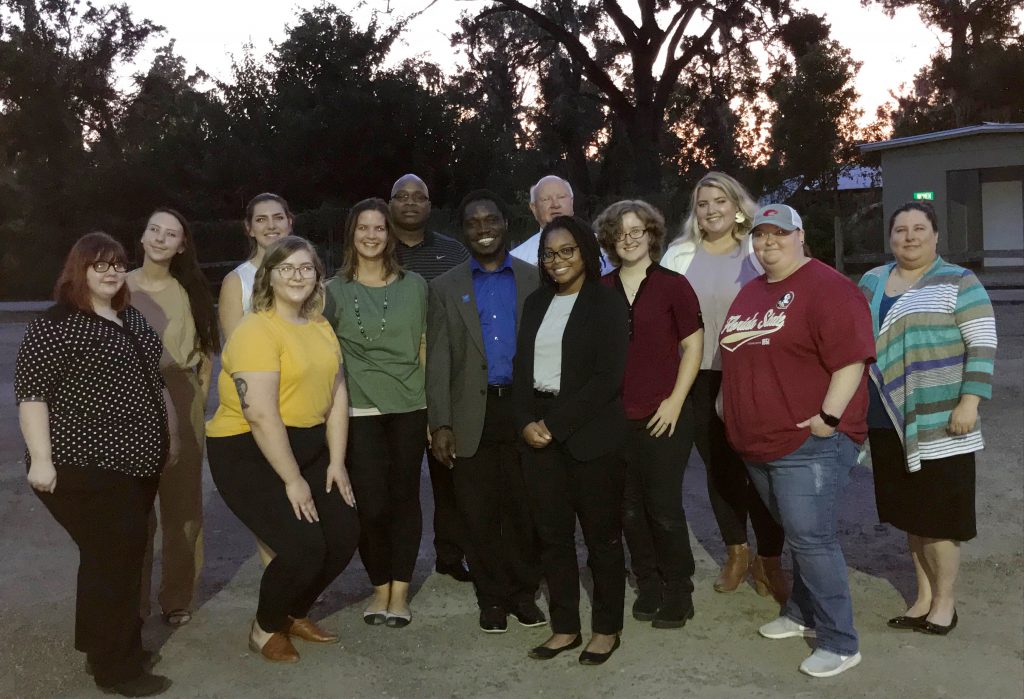Integrating Colleges and Universities in FEMA Disaster Recovery Field Operations and Steady State Preparedness

Project Name:
Integrating Colleges and Universities in FEMA Disaster Recovery Field Operations and Steady State Preparedness
Principal Investigator:
Partners for Educational Development, Inc. – Dr. Olivia Scriven, President/CEO
Project Description:

The scale, scope, frequency and severity of presidentially declared disasters continues to exhaust DHS’ response and recovery resources. While the National Disaster Recovery Framework provides for the activation of Federal agency partners to assist with long-term recovery, the nation’s more than 3,000 colleges and universities provide an under-utilized source of intellectual and capital assets that can multiply the scope and speed of long-term recovery and resilience-building efforts.
FEMA’s National Disaster Recovery Support (NDRS) cadre began experimenting with university-integrated operational models in response to Hurricane Sandy in 2012 and realized significant recovery goals. Efforts since that time, however, have been sporadic and lack a standardized approach or clear understanding of what works, what doesn’t and why. The proposed work addresses this gap in knowledge and seeks to use research findings to help inform NDRS operational processes – in the field and as part of steady state preparedness.
This research project uses Hurricane Michael, a category 5 event which severely impacted counties of the Florida Panhandle, as a case study to examine FEMA NDRS processes to engage colleges and universities in disaster recovery field operations for the period November 2018 through October 2019. The study applies a mixed-methods approach to explore operational processes to identify, engage and leverage technical assistance from institutions of higher education to support disaster-impacted communities and stakeholder perceptions about those processes. Data is collected from field reports, an anonymized online survey, and one-on-one interviews. Study findings will be used to provide FEMA’s National Disaster Recovery Support cadre with actionable recommendations to achieve greater efficiency, quality output and uniformity of performance for the rapid engagement of colleges and universities in field operations and as part of steady state preparedness.
In the News:
CRC news:
